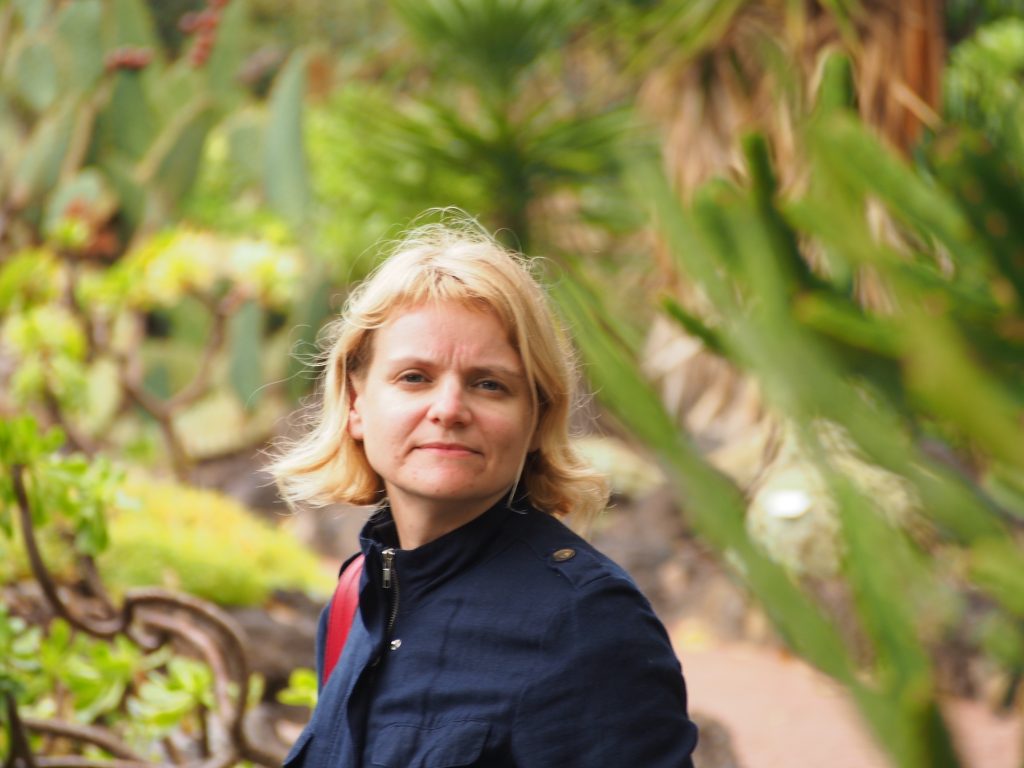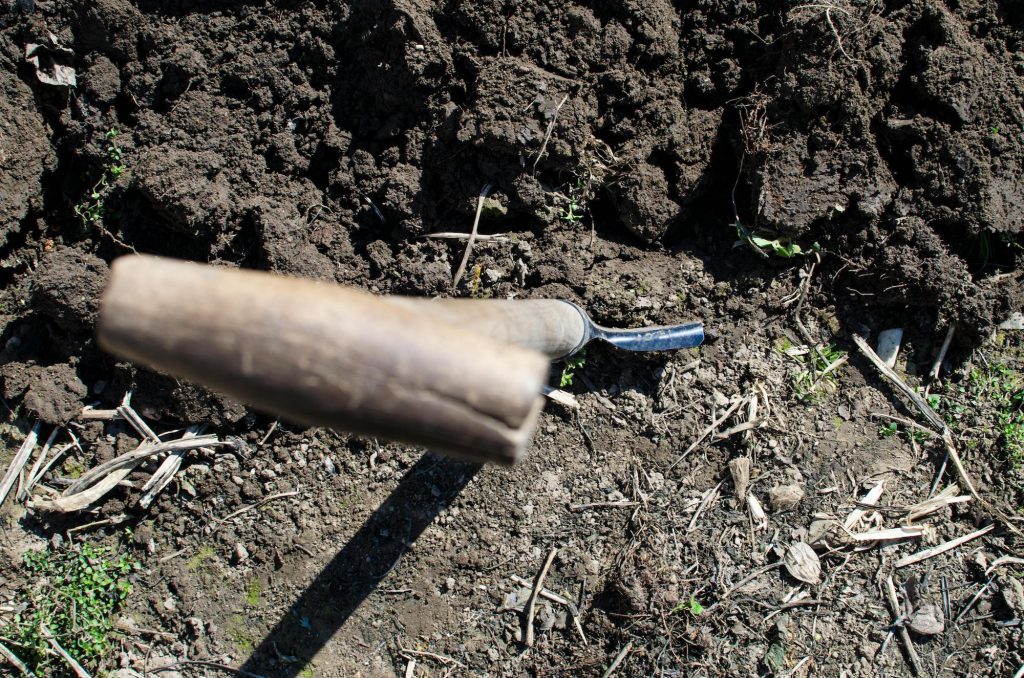Sorting Alone is Insufficient to Tackle Earth’s Waste Surplus

Climate change is increasingly identified as one of the greatest threats not only to the environment but also to economic growth and social stability. It is significantly driven by increasing energy demand, overconsumption, agriculture, and inadequate waste management.
In the context of the energy crisis, it was expected that household electricity consumption would decrease; however, research has shown that it actually increased. The transport and agriculture sectors are also major contributors to climate change, as they struggle to reduce greenhouse gas emissions.
More attention needs to be paid to soil condition
As Jūratė Žaltauskaitė, Associate Professor at the Department of Environmental Sciences of the Faculty of Natural Sciences of Vytautas Magnus University (VMU), asserts, agriculture is currently responsible for slightly more than 20% of greenhouse gas emissions. At the same time, alongside climate change, one of the most important global challenges is ensuring food and water security – maintaining adequate quantity, quality and availability of food and drinking water. These goals are also articulated in the UN Sustainable Development Goals.

Assoc. Prof. Jūratė Žaltauskaitė
“At present, Lithuania has very homogeneous cropping, that is, large areas devoted to the cultivation of single crops. If farmers do not practice crop rotation, it can be argued that the soil is degrading. Excessive use of fertilisers and pesticides pollutes the soil and water, and residues can remain in food products, thereby posing a risk to human health. Currently, the condition of over 60% of soil in the EU is not satisfactory, necessitating greater attention to soil condition in Lithuania,” says Assoc. Prof. Žaltauskaitė.

Another important aspect of environmental management is reducing waste through collection and recycling. “Although the European Union’s waste management policy aims to reduce waste volumes, they are actually increasing in the Member States – including Lithuania – due to rising consumption. Research shows that the more a country tends to sort, the more waste is generated and disposed of. Sorting is driven by a sense of guilt; people believe that if they sort their waste properly, it is as though it vanishes, thus justifying further purchases and consumption. However, in reality, the waste doesn’t vanish,” explains Genovaitė Liobikienė, Associate Professor at the VMU Department of Environmental Sciences.
The scourge of climate change
VMU scientist Jūratė Žaltauskaitė emphasises that it’s crucial to understand that climate change is not merely a rise in temperature; it brings a multitude of other negative effects – disasters (droughts, heatwaves, and floods), rising sea levels, and changes in ocean circulation, among others. In Lithuania, we are already witnessing more frequent extreme fluctuations that are unusual for us. According to UN data, 21.5 million people worldwide are forced to migrate each year due to extreme climate events. These people are known as climate migrants.
“Climate change also opens up new opportunities. We can expect longer tourist seasons, new business opportunities, and the cultivation of crops previously considered unusual for us, such as grapes and watermelons. With climate change, some regions can expect higher yields, for example in northern latitudes like Lithuania or the Scandinavian countries, where the average temperature is rising each year and the growing season is extending. However, this does not necessarily mean that the nutritional quality of the produce will remain the same. There is a growing global concern that faster growth may reduce food quality and its nutritional value,” states Assoc. Prof. Žaltauskaitė.

Researchers at VMU have confirmed through their studies that increased air temperature and carbon dioxide concentration reduce the competitiveness of agricultural plants against weeds and alter the effectiveness of pesticides, and extreme climate events such as droughts have a particularly negative
impact on the quality and yield of agricultural plants. Assoc. Prof. Žaltauskaitė asserts that this poses a serious challenge of how to grow enough food for the inexorably increasing global population.
The associate professor adds that, in the future, due to climate warming, some of the familiar plant species may disappear in Lithuania and be replaced by imported or invasive species. It is also predicted that, for instance, spruce trees may gradually vanish from Lithuanian territory, and decorating Lithuanian spruce at Christmas may become an exotic practice.
Anyone can contribute to reducing climate change
As VMU environmental scientist Genovaitė Liobikienė explains, the growth of energy consumption, despite the energy crisis, warns that in the context of the rapid electrification process, energy consumption will continue to rise sharply. It is crucial, therefore, not just to encourage the purchase and use of energy-efficient appliances but also to develop habits that reduce consumption, such as avoiding leaving devices in standby modes.

Assoc. Prof. Genovaitė Liobikienė.
“Installing smart electricity meters could help identify the biggest ‘energy guzzlers’ at home and how to reduce overall electricity consumption. Choosing a green electricity supplier also not only contributes to reducing climate change but can lessen energy dependence on imports. We now have a unique opportunity, as the liberalisation of electricity suppliers enables residents to choose renewable energy,” asserts Assoc. Prof. Liobikienė, adding that according to a 2022 survey, 39% of respondents chose green electricity.
Promoting responsible consumption and waste sorting is also important. Encouraging these practices should be based on successful international examples, such as reducing waste tax rates for proper waste sorting. Assoc. Prof. Liobikienė also highlights the importance of raising public awareness and building trust so that people know their sorted waste will continue to be managed properly and beneficially.
“It is all very well to sort, but we must not forget that the most effective way to combat the surplus of waste on Earth and its impact on the environment and climate change is to avoid overconsumption altogether and also opt for the reuse of items,” the scientist asserts. The aspect of overconsumption is particularly relevant when it comes to food waste. Reducing food waste would not only contribute to mitigating climate change but would also address the social issue of food accessibility.

Assoc. Prof. Liobikienė notes that mobility is another area receiving significant attention. “Public transport and electric vehicles are alternatives to reduce urban air pollution and the use of fossil fuels, but regarding the latter, it is very important to know what the electricity that powers them is made from. Moreover, electric vehicles do not solve systemic transport problems, such as traffic congestion, parking, and the growing need for resources for car manufacturing, among others” the scientist explains, noting that the challenges of climate change, like other environmental challenges, are multifaceted and require comprehensive solutions.
It is the search for such solutions that is the focus of the interdisciplinary bachelor’s programme in Environmental Science and Protection at the Department of Environmental Sciences. The programme covers the interactions between physical, chemical, and biological elements of the environment and humans both at local and global scales, primarily focusing on human impact on the environment, pollution, impacts on biodiversity and sustainable development, and potential solutions for managing these aspects at the company, organisation, sectoral, or national level. For more information about the programme.












